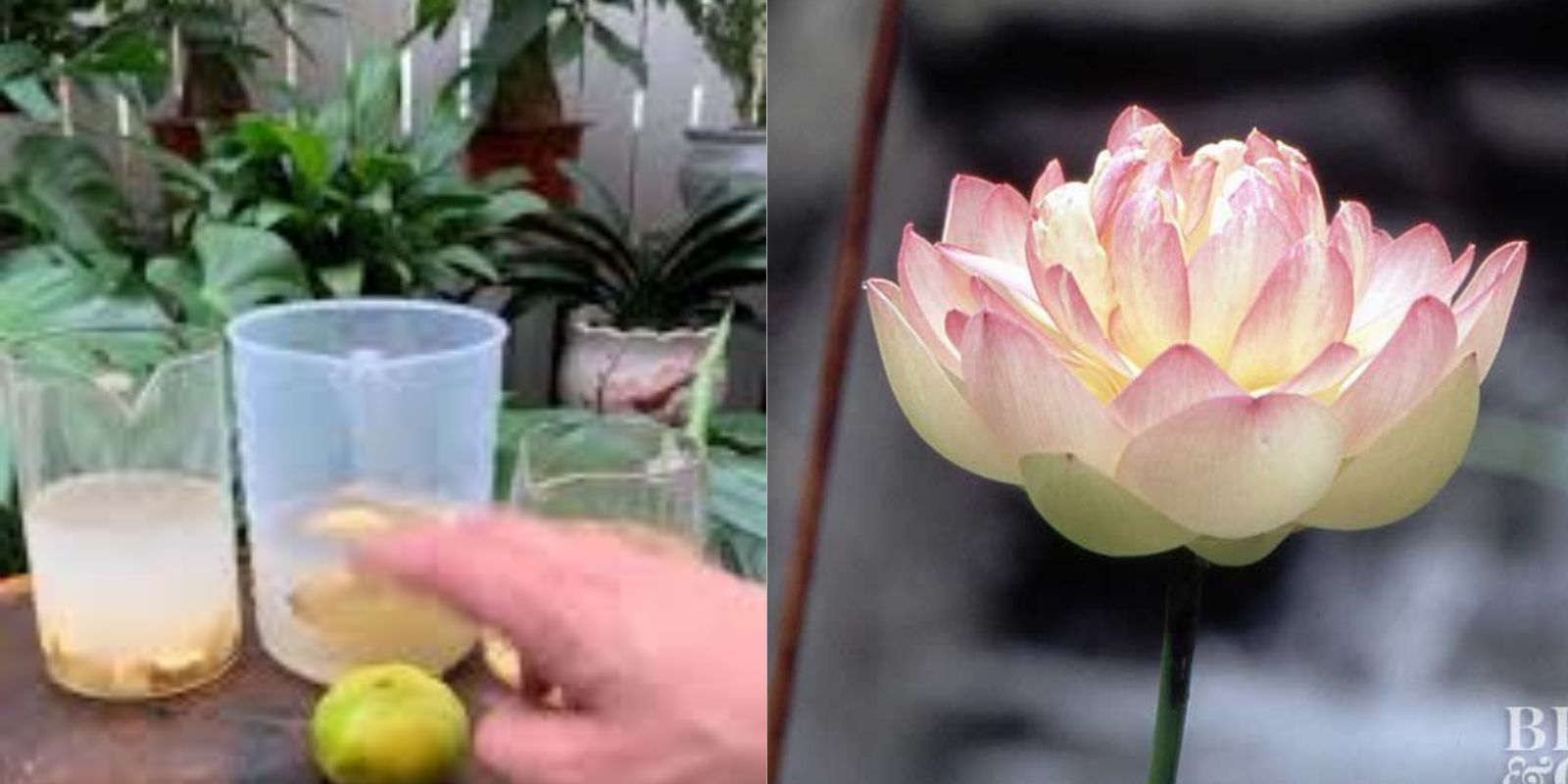Watering your flower garden may seem straightforward, but the type of water you use can make a significant difference in your plants’ health and growth. From tap water to rainwater, understanding the various types of water and their benefits is crucial for maintaining a vibrant and flourishing garden. This comprehensive guide will explore four essential types of water for growing flowers, providing insights into their advantages and best uses.
Understanding the Importance of Water Quality
Water is fundamental to plant health. It serves as the primary medium for nutrient transport, temperature regulation, and photosynthesis. However, not all water is created equal, and the quality of the water you use can impact your flowers in different ways. Here’s a detailed look at the four main types of water used in gardening, and how each one affects your blooms.
1. Tap Water
Description:
Tap water is the most commonly used water source for gardening. It’s readily available and convenient, but its quality can vary depending on your location. Tap water is treated with chemicals such as chlorine and chloramine to kill pathogens, which can sometimes affect plants.
Advantages:
- Availability: Easily accessible from your faucet, making it a convenient option for everyday use.
- Cost-Effective: Generally inexpensive compared to other water sources.
Disadvantages:
- Chemical Content: Chlorine and chloramine can be harmful to plants. High levels of these chemicals can disrupt beneficial microorganisms in the soil and cause leaf burn or other issues.
- Mineral Content: Tap water often contains minerals like calcium and magnesium, which can lead to hard water deposits in the soil.
Best Use:
- General Watering: Suitable for most flowers, especially if allowed to sit for 24 hours before use to let chlorine dissipate. Using a water filter or letting the water stand can reduce the chemical impact.
Tips:
- Dechlorinate: Fill a watering can and let it sit overnight to allow chlorine to evaporate before using it on plants.
- Use a Water Filter: Consider using a water filter for tap water to reduce chlorine and other contaminants.
2. Rainwater
Description:
Rainwater is collected directly from precipitation and is considered one of the best types of water for plants. It is naturally soft and free of the chemicals found in tap water, making it an excellent choice for a variety of flowers.
Advantages:
- Nutrient-Rich: Contains natural nutrients that can benefit plant growth. Rainwater often has a slightly acidic pH, which is ideal for many plants.
- Eco-Friendly: Using rainwater reduces your reliance on municipal water sources and lowers your water bill.
Disadvantages:
- Collection Challenges: Requires a system for capturing and storing rainwater, such as barrels or tanks.
- Variable Quality: The quality can vary depending on environmental factors like air pollution.
Best Use:
- Ideal for All Flowers: Especially beneficial for outdoor gardens where it can be collected in rain barrels. Use it to supplement or replace tap water.
Tips:
- Collect Efficiently: Set up rain barrels or other collection systems to gather rainwater from gutters and downspouts.
- Filter Before Use: If possible, filter rainwater to remove debris before using it on your plants.
3. Distilled Water
Description:
Distilled water is purified through a process of boiling and condensation, which removes impurities, minerals, and contaminants. It is the purest form of water available and is often used for sensitive plants or in scientific experiments.
Advantages:
- Purity: Free from chemicals, minerals, and contaminants, making it ideal for delicate or potted plants.
- Consistent Quality: Provides a consistent, clean water source without the risk of chemical interference.
Disadvantages:
- Cost: More expensive than other water sources and may not be practical for large-scale gardening.
- Lack of Nutrients: Lacks the natural nutrients found in other water sources, which might require supplementation.
Best Use:
- Sensitive Plants: Ideal for indoor plants or flowers in pots where precise control over water quality is necessary.
Tips:
- Supplement Nutrients: If using distilled water, ensure that your plants receive additional nutrients through fertilization.
- Use Sparingly: Reserve distilled water for plants that are particularly sensitive or when other water sources are not available.
4. Filtered Water
Description:
Filtered water has passed through a filtration system that removes contaminants and impurities, including chlorine, sediment, and some minerals. It offers a balance between tap water and distilled water in terms of purity and nutrient content.
Advantages:
- Cleaner Water: Reduces the presence of harmful chemicals and contaminants without removing essential minerals.
- Improved Plant Health: Often better for plants compared to untreated tap water due to reduced chlorine and sediment.
Disadvantages:
- Initial Cost: Requires investment in a filtration system, which can be costly.
- Maintenance: Filters need regular maintenance and replacement to ensure effective performance.
Best Use:
- Indoor Plants and Flowers: Suitable for both indoor and outdoor gardens, providing clean, balanced water for healthy plant growth.
Tips:
- Maintain Filters: Regularly clean and replace filter cartridges to ensure optimal performance.
- Use a Watering Can: Pour filtered water into a watering can for easy use and to minimize waste.
Conclusion
Choosing the right type of water for your flower garden is crucial for promoting healthy growth and vibrant blooms. Each type of water—tap, rain, distilled, and filtered—has its unique advantages and potential drawbacks. By understanding these differences and selecting the appropriate water for your plants, you can ensure a flourishing garden that thrives throughout the growing season.
Motivation: Elevate your gardening game with the right water for your flowers and watch them thrive like never before! 🌷💦 #FlowerGarden #WateringTips #GardeningEssentials #GrowBeautifulFlowers #UrbanFarming #GreenThumb #PlantCare #GardenInspiration

